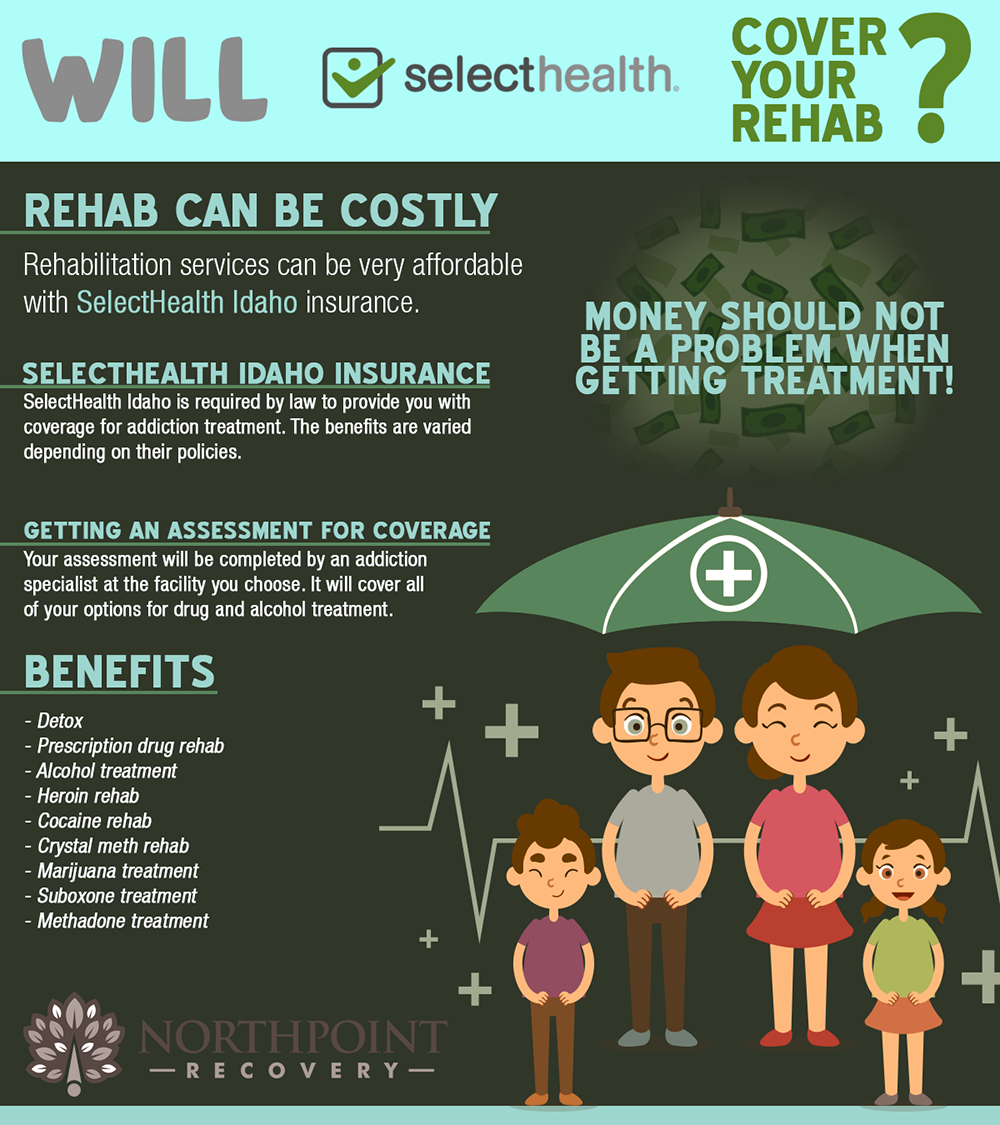Why Aftercare In Drug Rehabilitation Is Important For Long-Term Recuperation. Discover How Support Group Can Help You Stay Sober And Construct A Satisfying Life
Why Aftercare In Drug Rehabilitation Is Important For Long-Term Recuperation. Discover How Support Group Can Help You Stay Sober And Construct A Satisfying Life
Blog Article
Write- Jane's Addiction I Would Muse Treatment -Johannsen Ogle
You can not do it alone. Healing from drug dependency calls for a strong support system.
Los Angeles When Was Addiction Added to the Dsm of aftercare in drug rehabilitation can not be overemphasized. In this article, we will explore the duty of counseling, the benefits of therapy, and the foundation supplied by peer support system in maintaining sobriety.
So, get hold of a mug of coffee, unwind, and let us direct you with the essential actions of post-rehabilitation support.
The Function of Therapy in Aftercare
If you wish to keep your soberness after leaving rehab, it's important that you proceed joining counseling sessions as part of your aftercare strategy.
Therapy plays an essential role in your recuperation journey by providing ongoing assistance, advice, and a secure room to express your sensations and issues.
Via counseling, you can deal with any type of underlying issues that might have added to your addiction, create coping approaches, and discover healthier methods to take care of anxiety and desires.
It allows you to resolve any unsettled emotions and establish a much better understanding of yourself and your triggers.
The Advantages of Therapy in Maintaining Sobriety
To preserve your soberness, treatment can supply various benefits.
- Therapy supplies a secure space for you to discover and attend to the underlying issues that may have contributed to your addiction.
- It enables you to work through your feelings and establish healthier means of taking care of stress and anxiety and causes.
- With therapy, you can get a far better understanding of on your own and your patterns of behavior, which can aid you make positive changes in your life.
- Additionally, therapy gives you with a support system of specialists who are trained to direct and aid you on your trip to recuperation.
- They can offer useful understandings, tools, and strategies to help you browse the obstacles that might arise.
- In therapy, you can learn to create healthy coping abilities, construct durability, and enhance your overall wellness.
Peer Support Groups: A Foundation for Lasting Healing
You can discover long-term recuperation by proactively participating in peer support groups and connecting with others who share similar experiences and goals.
Peer support system provide a safe and non-judgmental space where individuals in recuperation can collaborate to share their battles, successes, and understandings. By actively participating in these groups, you can receive the assistance and support you need to stay on the course of healing.
Getting in touch with others who have actually gone through comparable experiences can be extremely encouraging, as it helps you recognize that you aren't alone in your journey. https://telegra.ph/Discover-The-Optimal-Rehabilitation-Center-To-Assist-In-Your-Path-To-Recovery-Check-Out-Tailored-Alternatives-And-Aid-To-Regain--04-13 allows you to learn from others who've effectively gotten over comparable obstacles. Together, you can celebrate landmarks, hold each other answerable, and offer advice and guidance.
Through these links, you can build a strong support system that will assist you browse the ups and downs of recuperation and inevitably discover enduring recovery and makeover.
Final thought
You've learnt more about the crucial duty of aftercare in drug rehab. Counseling, treatment, and peer support system add to lasting recuperation. Below's an incredible statistic to grasp the magnitude of the issue: research studies show that people who get aftercare treatment are 50% more likely to preserve sobriety contrasted to those that do not.
So, envision the transformative power of these support systems in aiding individuals redeem their lives and develop a brighter, drug-free future.
